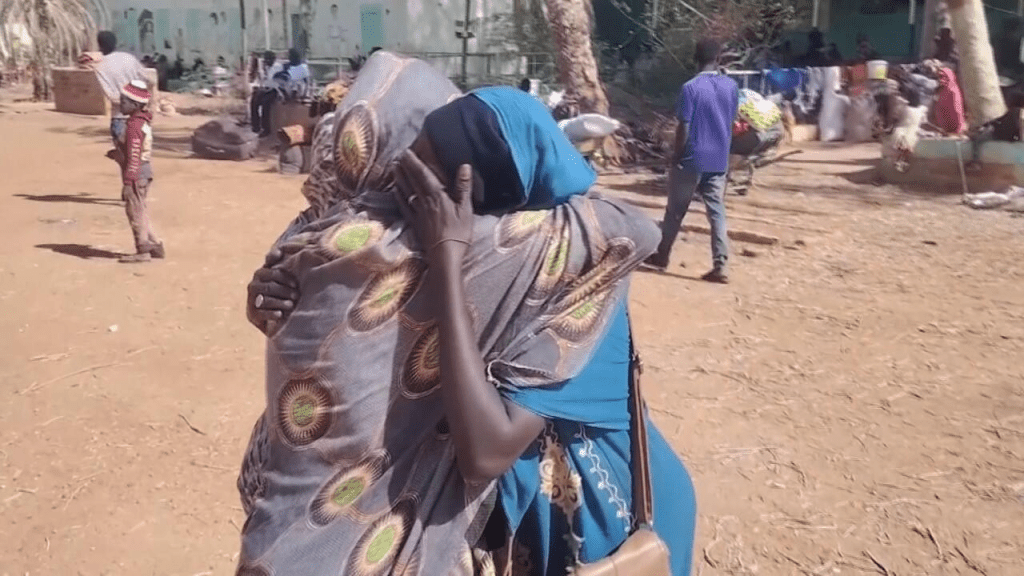Sudan: El-Fasher siege worsens amid drone strikes

Residents in the Sudanese city of El-Fasher face deteriorating conditions as drone strikes intensify attacks, according to a report by Asharq Al-Awsat via Reuters on October 20th.
Many of the city’s residents have been forced to seek refuge in underground bunkers due to increased attacks by drones and shells that target displaced person shelters, clinics and mosques.
The attacks are blamed on the paramilitary Rapid Support Forces (RSF), who have been at war with the Sudanese military since April 2023. El Fasher is one of the last areas in the western region of Darfur that is under the control of the Sudanese Army. It has been under an RSF-imposed siege since May 2024.

Over 13 million people have been displaced by the conflict, while at least 24,000 people are estimated to have been killed. Another 26 million out of the country’s 50 million inhabitants are facing hunger.
The UN has condemned the “repeated and deliberate” attacks on Sudanese civilians, including a series of drone strikes carried out between October 10th and 11th, which killed 110 people. A shelter for displaced persons and the city’s last major hospital were among the targets of the strikes.
Speaking about the impact of the attacks, local journalist Mohyaldeen Abdallah said: “We can only bury people at night, or very early in the morning. It’s become normal for us.”
Khadiga Musa, head of the North Darfur health ministry, explained the apparently indiscriminate nature of the attacks, saying that “They [the RSF] don’t distinguish between civilians and soldiers, if you’re human they fire at you.”
Researchers at the Yale School of Public Health’s Humanitarian Research Lab (HRL) described the situation in El-Fasher as a “literal kill box” on August 28th, as it was revealed that the RSF had constructed barriers around the city to essentially trap all residents in the besieged city.
The danger is not limited to military attacks, as the UN Office for the Coordination of Humanitarian Affairs (UNOCHA) released a report on October 18th that estimated over 3000 deaths from cholera in Sudan, along with 120,000 active cases of the disease.
RSF-backed attacks on infrastructure, including clean water supplies, have created an environment conducive to the spread of diseases like cholera.
Food shortages led to famine being identified in 2024, with the situation deteriorating further as the RSF have blocked all humanitarian corridors leading to the city. Community kitchens were forced to close after food supplies ran out on October 5th, plunging the population further into starvation.
The RSF has also been accused of carrying out ethnically-motivated killings, as a UN official warned on June 25th that the risk of genocide in Sudan remains “very high.”
Asharq Al-Awsat via Reuters, Maghrebi.org
Want to chase the pulse of North Africa?
Subscribe to receive our FREE weekly PDF magazine













